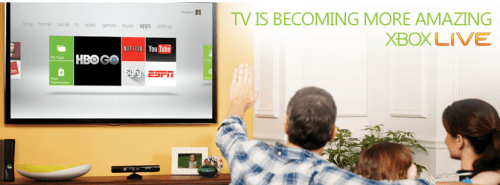Sometimes even money doesn’t talk… or buy you faster broadband service.
That is a lesson some of New Hampshire’s wealthiest residents — company presidents, top-dollar lawyers, and the trust-fund endowed — in Rindge and Grafton County are learning only too well.
It seems neither Comcast or FairPoint Communications has shown much interest in extending today’s definition of “broadband” to the multi-million dollar homes on Hubbard Road.
“Every year, I start working up the telephone chain, calling people at Comcast. I’m looking for the vice president, or whatever, in charge of infrastructure so I can call him, bribe him, plead with him to connect me,” said Leigh Eichel, who moved to the ritzy cul-de-sac in 2005. “I’ll pay anything!”
Eichel and his friends told their story to David Brooks of the Nashua Telegraph, who used the plight of the 1%’ers to ponder whether broadband should be a universal right.
A century ago, the government decided that mail service to all American homes was necessary and launched Rural Free Delivery. Then it decided electricity was necessary and created regulated utilities that guaranteed connection. It did the same with telephones, creating the universal access fund that collects money from all phone bills to subsidize land lines to the remotest home.
But nothing similar has happened with Internet service, which is mostly unregulated by government. The market has been largely left to its own.
The result is scattered empty spots like Hubbard Road, which should be broadband heaven.
Comcast continues, for the seventh year running, to show zero interest in wiring the wealthy enclave. That left residents trying to make do with satellite broadband, which they cried was too slow and usage-capped.
Eichel finally managed to cajole FairPoint Communications, the bankrupt phone company that bought out Verizon landlines in northern New England, to extend DSL to the neighborhood, but they did it on-the-cheap, leaving residents with sub-par service barely capable of breaking 1Mbps, when they’re lucky.
Welcome to broadband equality of a different kind, whether you are fighting AT&T from a family farm in Wisconsin for better-than-1Mbps DSL or a super-wealthy executive in New Hampshire suffering with FairPoint’s alleged broadband and utterly rejected by Comcast.
Particularly appalling for the well-traveled Hubbard Road residents: the realization that Singapore’s equivalent of a seedy Motel 6 has basic broadband service that beats the pants off New England’s dominant phone company.
“I was staying in a budget hotel; there weren’t even windows in the room. Hey, I was spending my own money,” Eichel’s neighbor Rick Slocum told the newspaper. “[They had] 12Mbps broadband — the connection [was] 10 times as fast as my home.”
Brooks concludes New England wants the same thing most of the rest of the country wants — universal fiber-to-the-home access, which delivers 100-1000Mbps, depending on the provider.
They, like most everyone else, will have to wait. Like AT&T U-verse and Verizon FiOS, FairPoint’s very-limited fiber offering FAST has reached a limit of its own — the amount the phone company is willing to spend rebuilding their network. Future expansion plans are now on hold.
Slocum ponders the speed needs America will have in the future, and wonders if even fiber optics will one day need to be replaced for something even faster.
Brooks responds with a prediction. As long as Comcast and FairPoint are in charge, whatever it is, Hubbard Road probably won’t have it.


 Subscribe
Subscribe













